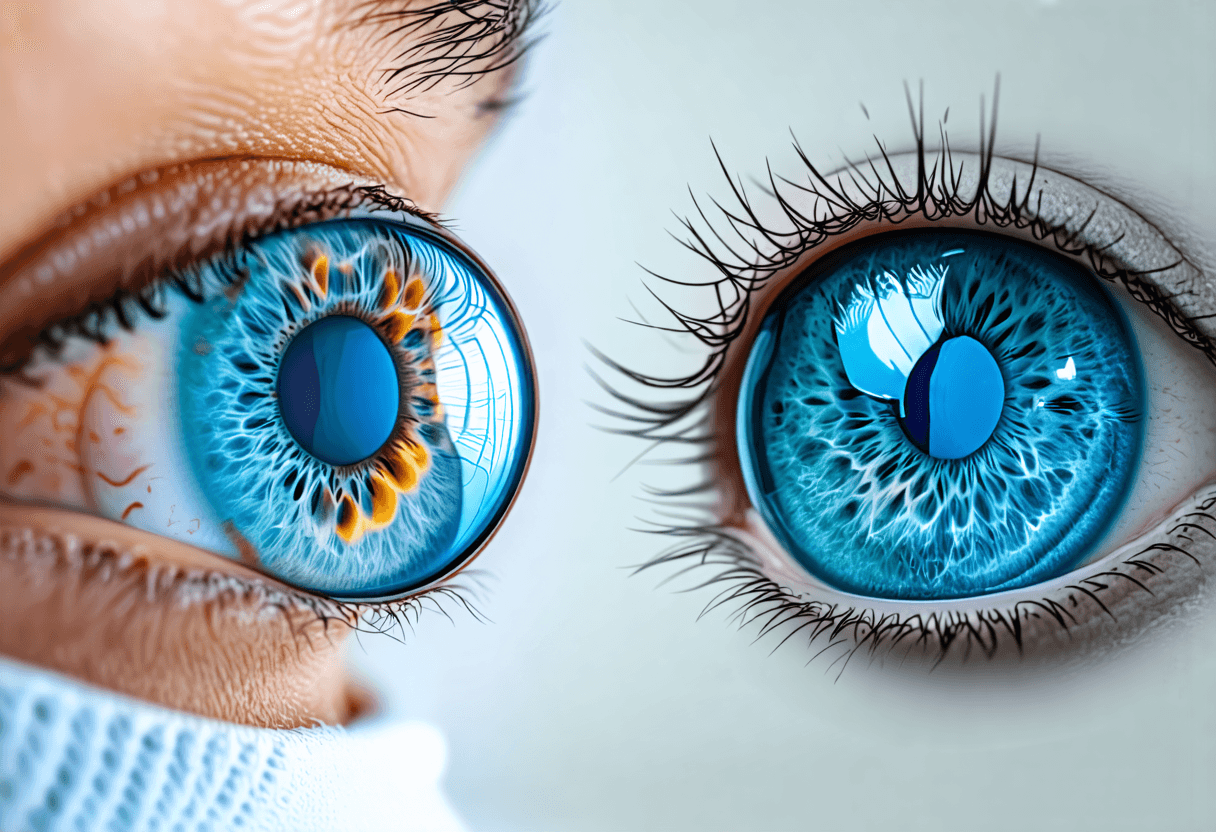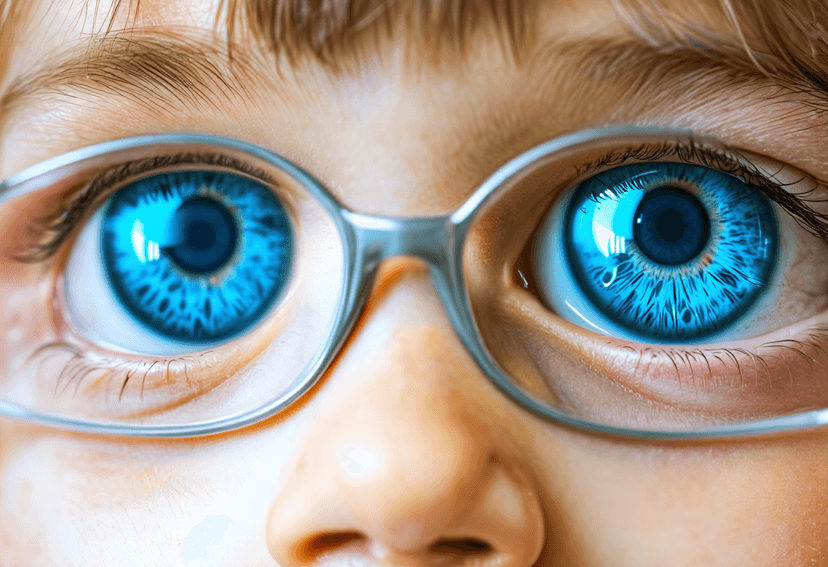
Glaucoma and Cataracts: What's the Difference?
29 Oct, 2024
 Healthtrip
HealthtripWhen it comes to eye health, there are numerous conditions that can affect our vision and overall well-being. Two common eye disorders that often get confused with each other are glaucoma and cataracts. While both conditions can cause vision problems, they have distinct differences in terms of their causes, symptoms, and treatment options. In this blog post, we'll delve into the world of glaucoma and cataracts, exploring what they are, how they differ, and what you can do to protect your eyes.
What is Glaucoma?
Glaucoma is a group of eye conditions that damage the optic nerve, which carries visual information from the eye to the brain. This damage is often caused by increased pressure in the eye, although not all types of glaucoma are pressure-related. There are several types of glaucoma, including open-angle glaucoma, closed-angle glaucoma, and normal-tension glaucoma. The condition can affect people of all ages, but it's most common in older adults.
Most popular procedures in India
In the early stages, glaucoma may not present any noticeable symptoms. However, as the condition progresses, people may experience blurred vision, eye pain, nausea, and vomiting. If left untreated, glaucoma can lead to permanent vision loss and even blindness. According to the World Health Organization (WHO), glaucoma is the second leading cause of blindness globally, affecting over 80 million people.
Risk Factors for Glaucoma
Certain factors can increase your risk of developing glaucoma. These include age, family history, diabetes, high blood pressure, and eye injuries. Additionally, people with a higher risk of glaucoma include those with a history of eye surgery, those who are nearsighted or farsighted, and those who have a thin cornea.
Wellness Treatments
Give yourself the time to relax
Lowest Prices Guaranteed!

Lowest Prices Guaranteed!
What are Cataracts?
A cataract is a cloudy area in the lens of the eye that affects vision. Most cataracts are age-related and occur when the clear lens in the eye becomes cloudy or opaque, preventing light from passing through. This cloudiness can cause blurry vision, double vision, and sensitivity to light. Cataracts are a common condition that affects millions of people worldwide, and they're often treated with surgery.
Cataracts can be caused by a variety of factors, including age, injury, certain medications, and medical conditions like diabetes. The symptoms of cataracts can vary depending on the severity of the condition, but they often include cloudy or blurry vision, double vision, and difficulty seeing at night.
Treatment Options for Cataracts
The treatment for cataracts usually involves surgery, where the cloudy lens is removed and replaced with an artificial lens called an intraocular lens (IOL). This is a relatively safe and effective procedure that can significantly improve vision. In some cases, cataract surgery may be combined with other procedures, such as glaucoma surgery or LASIK.
Key Differences Between Glaucoma and Cataracts
So, what's the main difference between glaucoma and cataracts? The primary distinction lies in the cause of vision loss. Glaucoma damages the optic nerve, while cataracts affect the lens of the eye. Additionally, glaucoma often presents with no noticeable symptoms in the early stages, whereas cataracts typically cause noticeable vision changes.
Another key difference is the treatment approach. Glaucoma is often treated with eye drops or oral medications to reduce pressure in the eye, while cataracts are usually treated with surgery. In some cases, glaucoma may require surgery, but this is typically reserved for more advanced cases.
Protecting Your Eyes
While glaucoma and cataracts can have a significant impact on our vision, there are steps we can take to protect our eyes. Here are some tips:
• Get regular eye exams: Regular eye exams can help detect glaucoma and cataracts early, when they're easier to treat.
• Maintain a healthy lifestyle: Eating a balanced diet, exercising regularly, and managing chronic conditions like diabetes can help reduce your risk of developing glaucoma and cataracts.
• Wear protective eyewear: Wearing sunglasses and protective eyewear can help reduce your risk of eye injuries, which can increase your risk of glaucoma and cataracts.
• Quit smoking: Smoking has been linked to an increased risk of cataracts and glaucoma.
Conclusion
In conclusion, glaucoma and cataracts are two common eye conditions that can have a significant impact on our vision. While they share some similarities, they have distinct differences in terms of their causes, symptoms, and treatment options. By understanding the differences between these conditions and taking steps to protect our eyes, we can reduce our risk of vision loss and maintain healthy vision for years to come.
At Healthtrip, we're committed to providing our patients with access to high-quality medical care, including ophthalmology services. If you're concerned about your eye health or have questions about glaucoma and cataracts, contact us today to schedule a consultation with one of our experienced healthcare professionals.
Related Blogs

Healthtrip's Guide to Treating Glaucoma in India
Explore how to treat glaucoma in India with top hospitals

Best Doctors in India for Glaucoma Management
Explore how to treat glaucoma in India with top hospitals

Top Hospitals in India for Glaucoma Treatment
Explore how to treat glaucoma in India with top hospitals

Transforming Vision, Transforming Lives at Dr. Agarwal's Eye Hospital
Get expert eye care and treatment at Dr. Agarwal's Eye

Transforming Lives through Innovative Eye Care Solutions at LV Prasad Eye Institute
LV Prasad Eye Institute offers cutting-edge eye care solutions for

Amblyopia and ADHD: What's the Connection?
Uncover the surprising link between amblyopia and ADHD, and how










